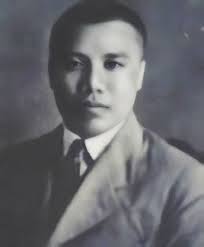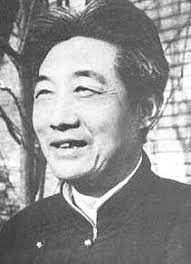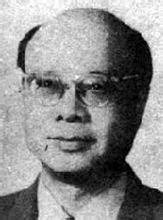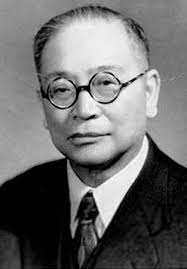Chou Yang (1908-), literary theorist better known for his advocacy of Chinese Communist theories than for his literary achievements. After 1949, he became responsible for issuing Chinese Communist party directives in cultural matters and for detecting deviations from party doctrine in literature and the arts. Nothing is known about Chou Yang's childhood or his family […]









